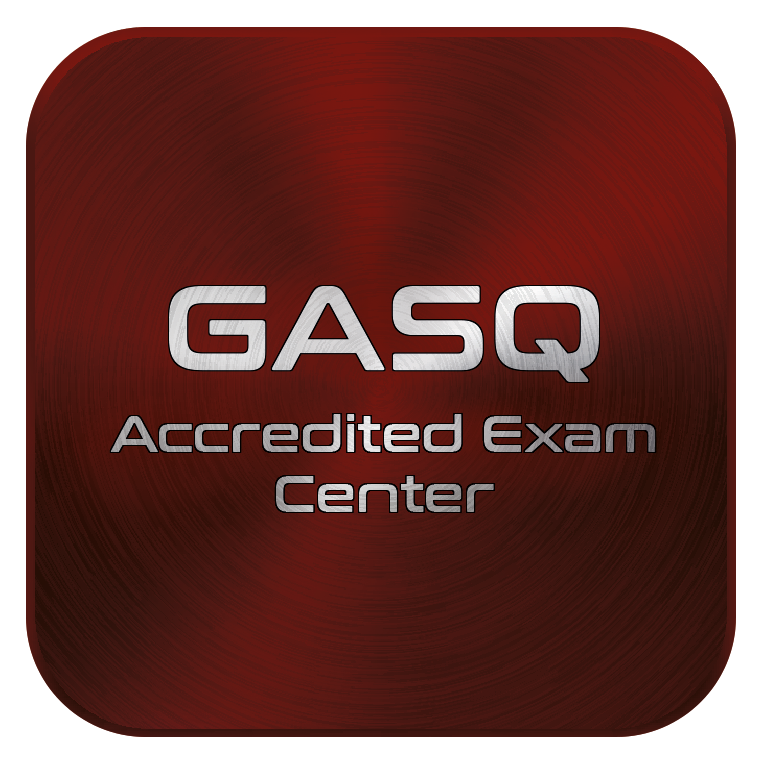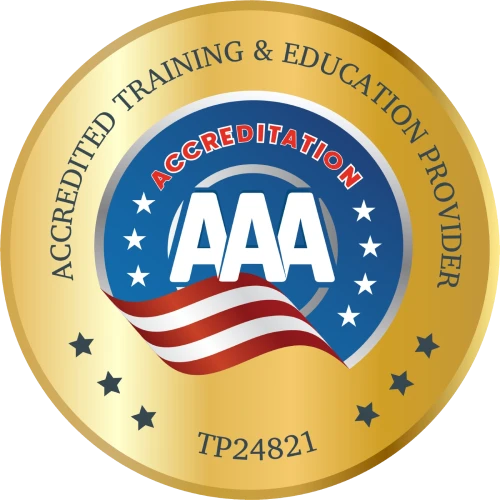Application Programming Interface (API) Testing


Our Placements
Our Students Who Have landed Their Dream job In














Sessions
08 Lectures
Duration
15 Hrs
Placement
100% Assurance*
Job CTC
Upto 8 LPA*
Sessions
08 Lectures
Duration
15 Hrs
Placement
100% Assurance*
Job CTC
Upto 8 LPA*
LAND YOUR DREAM JOB
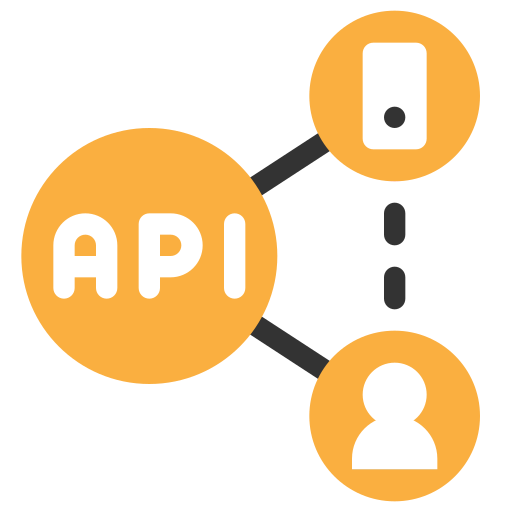
Forge your path as an API Test Engineer at pioneers like Netflix
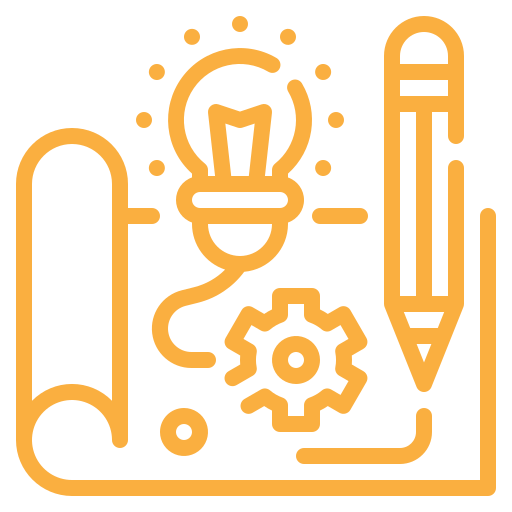
Advance to Automation Architect within tech leaders like Salesforce
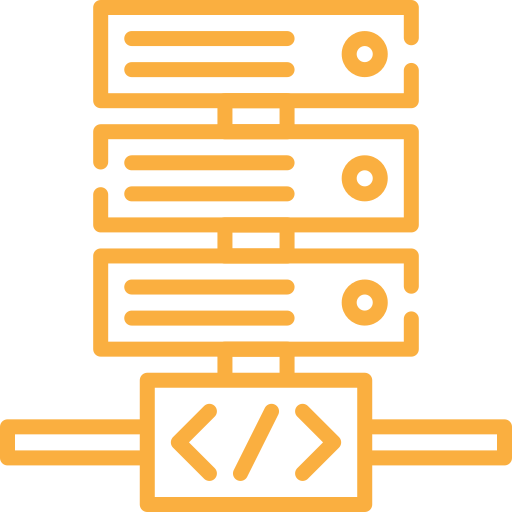
Transform into a Backend Developer at cloud innovators like AWS
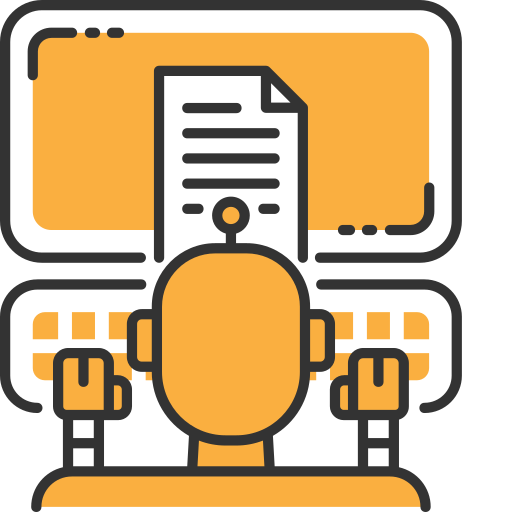
Specialize as a QA Automation Engineer at software giants like Google
Make You Industry-Ready
EXCLUSIVE CAREER
Why Join Us?
Hands-On Training
Experience our interactive, hands-on teaching approach through a free course demo.
Industry-Leading Mentors
Learn from seasoned professionals who have pioneered advancements in their industries.
Job Readiness
Receive personalized career guidance and placement assistance.
Tools and technologies

Course Features
Interactive Learning Exp
Expert Guidance
Career guidance and placement assistance
Receive personalized support to sharpen your job search skills and secure rewarding opportunities.
Flexible Learning
Practical Projects
Comprehensive Curriculum
Master a wide range of concepts and techniques through a meticulously designed and up-to-date curriculum.
Course Overview
1
- Understanding the fundamentals of APIs and their significance in software development
- Differentiating between API testing and other testing methodologies
2
- Exploring the benefits and challenges of API testing
- Learning the basics of API architecture and protocols (REST, SOAP)
- Understanding API endpoints, requests, and responses
3
- Setting up testing environments and tools for API testing
- Learning different types of API testing: functional, performance, security, and interoperability testing
4
- Writing test cases and scenarios for API testing
- Exploring validation techniques such as schema validation, data validation, and response validation
5
- Introduction to API test automation frameworks (e.g., Postman, REST Assured)
- Handling authentication and authorisation in API testing
- Testing edge cases and error handling in APIs
6
- Exploring advanced API testing strategies for microservices and cloud-based architectures
- Implementing best practices for designing maintainable and scalable API tests
OUR CURRICULUM
Our Interactive Course Content
Topics covered
1. Basics of API Testing
- What is API Testing
- POSTMAN Introduction
- POSTMAN installation
- Creating Workspace
- Creating a Collection
- Creating Requests - Get, Post, Put & Delete
- Saving & Editing Requests
- Operations on Collections
2. Creating Dummy API’s For API Testing
- How to Create Own APIs
- JavaScript Object Notation (JSON)
3. Validating Response by adding Test Scripts in POSTMAN
- Testing status codes
- Testing headers
- Testing cookies
- Testing response time
- Testing response body
- Testing JSON Schema
4. HTTP Request Validation in POSTMAN
- Exporting & Importing Collections
5. Creating Environments in POSTMAN
- Benefits of adding Environment Variables
- How to make use of environment variables
6. API Testing Project
Land your Dream Jobs
In Companies Like

Experience the CDPL
Training Approach
| Video Courses | Bootcamps | CDPL | |
|---|---|---|---|
| Real work experience | ✖ | ✖ | ✔ |
| True, project-based learning | ✖ | ✖ | ✔ |
| Live sessions & mentorship | ✖ | ✔ | ✔ |
| Job-ready portfolio | ✖ | ✖ | ✔ |
| Externship with top companies | ✖ | ✖ | ✔ |
| Career guidance | ✖ | ✔ | ✔ |
| Placement Assurance | ✖ | ✖ | ✔ |
Eligibility
Participants should have prior knowledge of Manual Software Testing
Undergraduates
Undergraduates or job seekers seeking to launch their careers in the IT domain.
Graduates
Fresh graduates or postgraduates aiming to establish their careers in the IT domain.
Professionals
Working professionals with non-IT experience who want to transition to the IT field.
Our Process
LIVE Learning
Experience Immersive Learning Through Our Live Classrooms

Onboarding Session
Kick-start Your Learning Journey with Our On-boarding Session
Certification & Placement Support
Certification to Career: Let Us Guide Your Path to Success
LIVE Learning
Experience Immersive Learning Through Our Live Classrooms
Onboarding Session
Kick-start Your Learning Journey with Our On-boarding Session
Certification & Placement Support
Certification to Career: Let Us Guide Your Path to Success
- Get free demo session
- Online Sessions
- Hands on session
- Placement Assurance*

- Get free demo session
- Online Sessions
- Hands on session
- Placement Assurance*
Some figures that matters
Learners
Years of Industry Experience
Corporate Clients
FAQ: API Testing Classes
What are the classes in API testing? / Which course is best for API testing?
For API testing, consider exploring courses offered by Cinute Digital Pvt. Ltd. Our courses cover essential topics such as understanding APIs, API testing fundamentals, and test automation frameworks. With hands-on experience and practical exercises, you'll gain real-world skills in API testing using tools like Postman or RestAssured. Additionally, our courses delve into advanced topics like security testing, performance testing, and API documentation, providing comprehensive training to enhance your API testing expertise and career prospects.
How do I become an API tester?
To become an API tester, you can follow these steps:
- Learn the Basics: Start by understanding what APIs are and how they work. Familiarize yourself with common API protocols and formats like REST and JSON.
- Gain Testing Knowledge: Learn software testing fundamentals, including testing techniques, test case design, and defect tracking. Understand how to apply these principles to API testing.
- Acquire Technical Skills: Develop proficiency in using API testing tools like Postman, RestAssured, or SoapUI. Learn how to send requests, analyze responses, and validate API behavior.
- Practice Hands-On: Practice testing APIs in a sandbox environment or using public APIs available for testing. Create test scenarios, write test cases, and execute tests to gain practical experience.
- Explore Automation: Learn how to automate API tests using scripting languages like JavaScript or Python. Familiarize yourself with automation frameworks and tools for API testing.
- Stay Updated: Keep up with industry trends, best practices, and emerging technologies related to API testing. Attend workshops, webinars, and conferences to expand your knowledge and network with professionals in the field.
What are the 3 types of testing in API?
The three main types of testing in API are:
- Unit Testing: This focuses on testing individual units or components of the API in isolation to ensure that each part functions correctly as per the specifications. Unit tests are typically automated and can be performed using testing frameworks like JUnit, pytest, or Mocha.
- Integration Testing: Integration testing involves testing the interaction between different modules or components of the API to verify that they work together seamlessly. This type of testing ensures that data flows correctly between various parts of the API and that integrations with external systems or databases function as expected.
- End-to-End Testing: Also known as E2E testing, this type of testing evaluates the entire API system from start to finish to validate its functionality, performance, and reliability under real-world scenarios. End-to-end tests simulate user interactions with the API, including sending requests, receiving responses, and verifying the correctness of the output. Tools like Postman, Selenium, or Cypress are commonly used for conducting end-to-end tests.
Which API testing certification is best?
Determining the "best" API testing certification depends on various factors such as your career goals, the specific technologies or tools you work with, and the level of expertise you aim to achieve. However, some well-regarded API testing certifications include:
- ISTQB Advanced Level Test Automation Engineer: While not solely focused on API testing, this certification covers automation testing principles extensively, including API testing concepts. It provides a solid foundation in test automation techniques and strategies.
- Certified API Tester (CAT): Offered by the International Software Testing Qualifications Board (ISTQB), this certification is specifically designed for professionals who want to demonstrate their expertise in API testing. It covers topics such as API test planning, design, execution, and reporting.
- Postman Certified API Testing Professional: Postman is a popular API testing tool, and their certification program validates proficiency in using Postman for API testing and collaboration. This certification demonstrates practical skills in API testing using a widely adopted tool in the industry.
Ultimately, the best certification for you depends on your specific needs, experience level, and career objectives. Consider researching each certification program thoroughly to determine which aligns best with your goals and interests.
Is API testing easy or tough?
The difficulty of API testing can vary depending on various factors such as the complexity of the APIs being tested, the level of documentation available, the familiarity with testing tools and techniques, and the specific requirements of the project.
For experienced testers with a solid understanding of API concepts and testing methodologies, API testing may not be particularly challenging. However, for those new to API testing or lacking experience with programming and software development, it can initially seem daunting.
API testing involves understanding how different components of an application interact, crafting requests to test various endpoints, validating responses, handling authentication, and ensuring proper error handling. It also often requires proficiency in using testing tools and libraries, as well as interpreting technical documentation.
Once testers gain familiarity with these concepts and tools, API testing becomes more manageable. Additionally, advancements in testing frameworks and tools, along with comprehensive documentation provided by API developers, can significantly ease the testing process.
In summary, while API testing may present challenges, especially for beginners, with the right knowledge, skills, and resources, it can become more accessible over time. Continuous learning and practice are key to mastering API testing.

